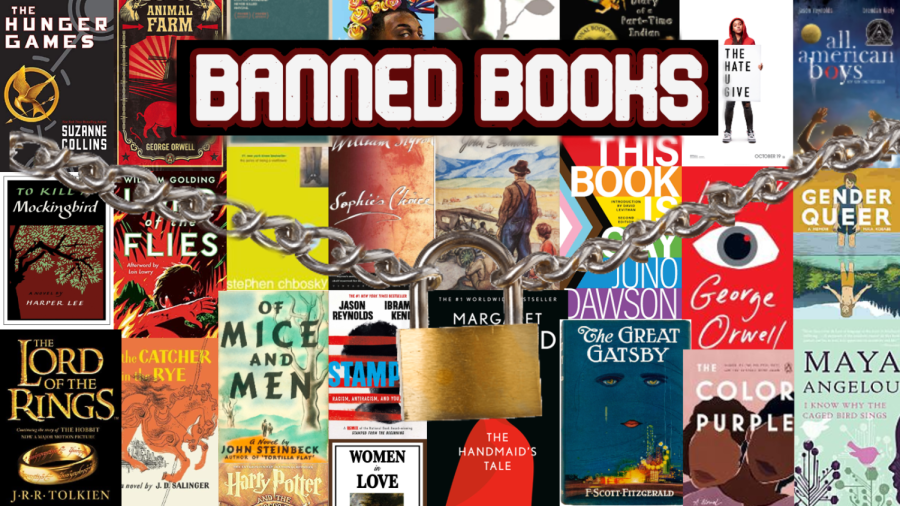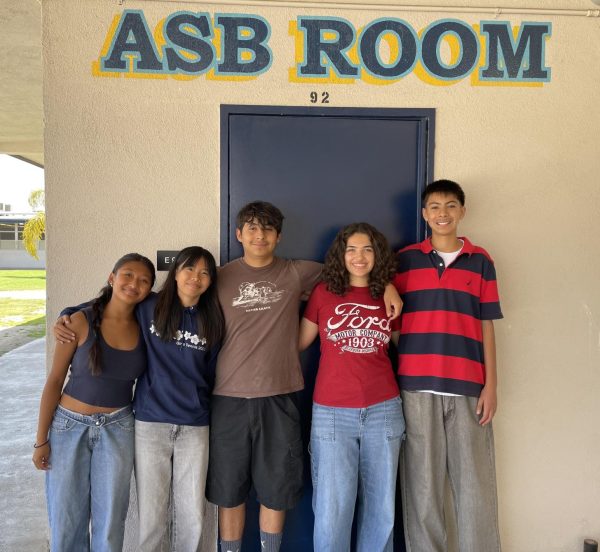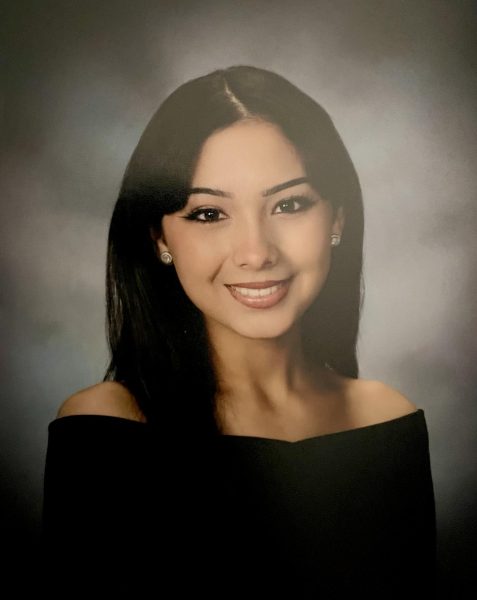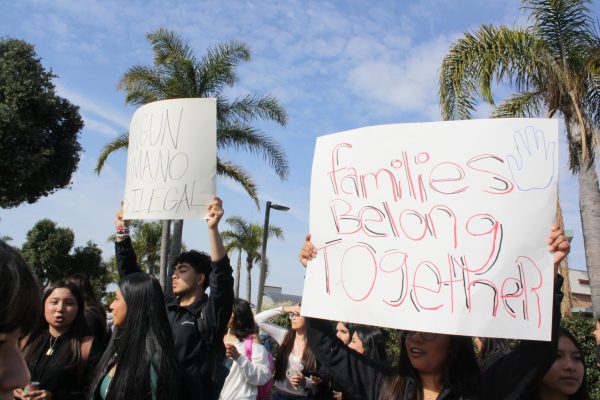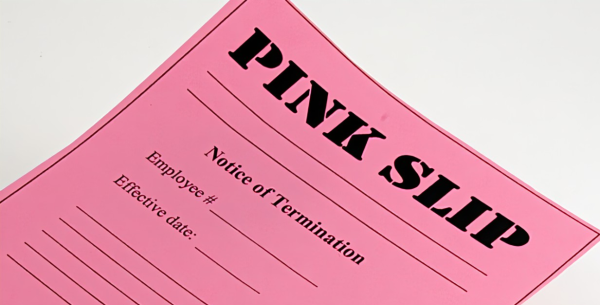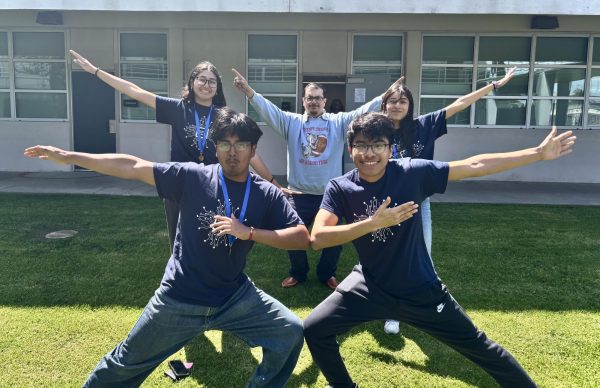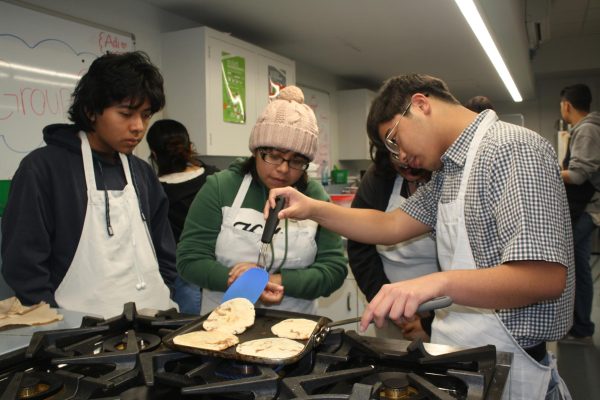CI library: Inclusivity is a main priority
“The Hunger Games,” “Harry Potter and the Sorcerer’s Stone,” “To Kill a Mockingbird,” “Fahrenheit 451.” All of these books have an unexpected factor in common: They are a handful of “The Hunger Games,” “Harry Potter and the Sorcerer’s Stone,” “To Kill a Mockingbird,” “Fahrenheit 451.” All of these books have an unexpected factor in common: They are a handful of thousands of banned books in many different schools across the country.
Schools all over the United States have brought up the conversation of what exactly should be allowed in our school libraries. With this conversation on the table, students see books being taken off of school library shelves for being ¨sexually explicit¨ or ¨containing offensive language¨ as a few of their reasons. Schools that do ban books from their libraries claim they want to protect the youth from violence and explicit material found in these restricted materials.
Every year a list made from the ALA Office for Intellectual Freedom lists the top 10 most banned books. Some of the books on the official list of 2022 are books that can be found here at the Channel Islands school library. Some of these books include: “Gender Queer,” “All Boys Aren´t Blue,” “The Hate You Give,” “Me and Earl and the Dying Girl” and “This Books is Gay.”
So, why are books banned in other schools but not here in the Islands?
Ms. Kimberly Tahsuda, CI’s teacher-librarian, explained the process of purchasing books for the library.
“The three things that I pay attention to when purchasing books are the curriculum, the knowledge of the instructional staff and the needs of the student community,” she explained.
She describes how she wants books for the library to be beneficial and enjoyable here for the students at Channel Islands. But she also wants to make sure that the books fit the appropriate curriculum for both students and teachers. She does not choose and approve every single book in the library, but rather is involved with a subscription box that sends books in bulk dedicated for high school students to read.
When it comes to censorship here at the Channel Islands library, Ms.Tahsuda chooses not to censor books because “equity, diversity and inclusion are the fundamentals of a library.” She is very confident when it comes to being able to represent literature with diverse authors and characters. She goes on to say that she is seeing books being banned just for having people of color or indigenous backgrounds and hopes that there will be a future where people of color authors can be celebrated and not punished.
Sophomore English teacher Ms. Jennifer Lopez, department chair of the English Department, shares the same idea about the unnecessary restriction of books. She explains that while she does choose books based on the curriculum provided by the school and the teaching platform StudySync, she wants her students to be able to read any book that interests them.
She keeps in mind the interest her students will have for books she assigns, as well as keeping the books in the guidelines of the curriculum.
“I think about the literary merit, but also about my student population, and try to keep their interests in mind,” she clarified.
What do students say?
Angelica Tamalatzi Erazo, a junior, believes students should have unrestricted access to books at school. She is not happy about the nationwide banning of books, and believes the ban and censorship of these books is unnecessary. She explains how banning books could “lead to people having closed mindsets and intolerance for anything or anyone different.” That said, she is very happy about our inclusive Channel Islands library.
“The library already has some great titles and I know they accept suggestions from students, so I think that overall, our library is great,” she said.
Fellow junior Xian Genevie Rondares is also very happy with the Channel Islands library as it is and is “quite glad that CI is being inclusive with their books.”
Both students and teachers agree that the book banning movement all across the country is a way that limits the minds of many youth, and they hope that in the future books would not be banned for reasons that concern their character orientation or the author’s race.
